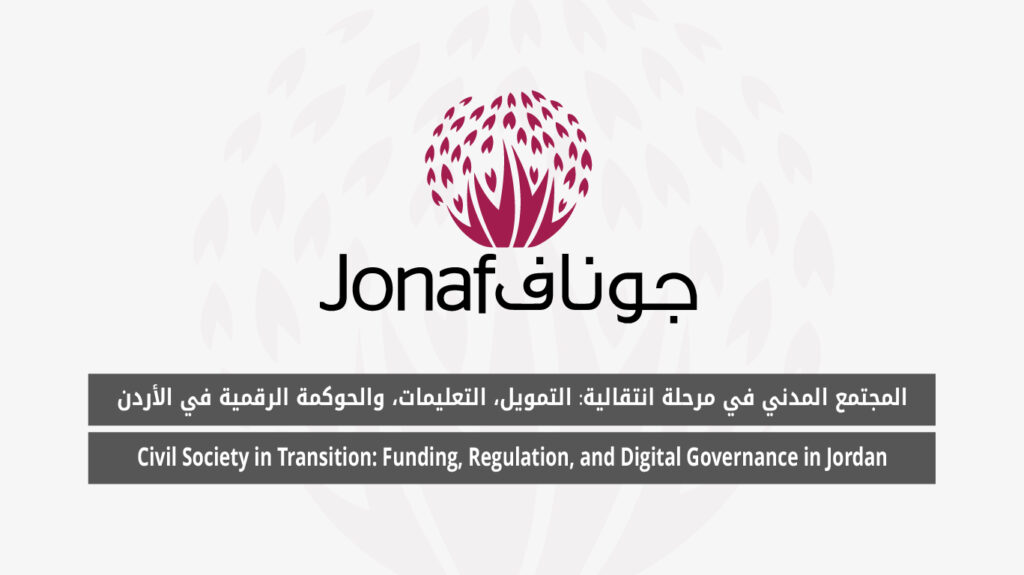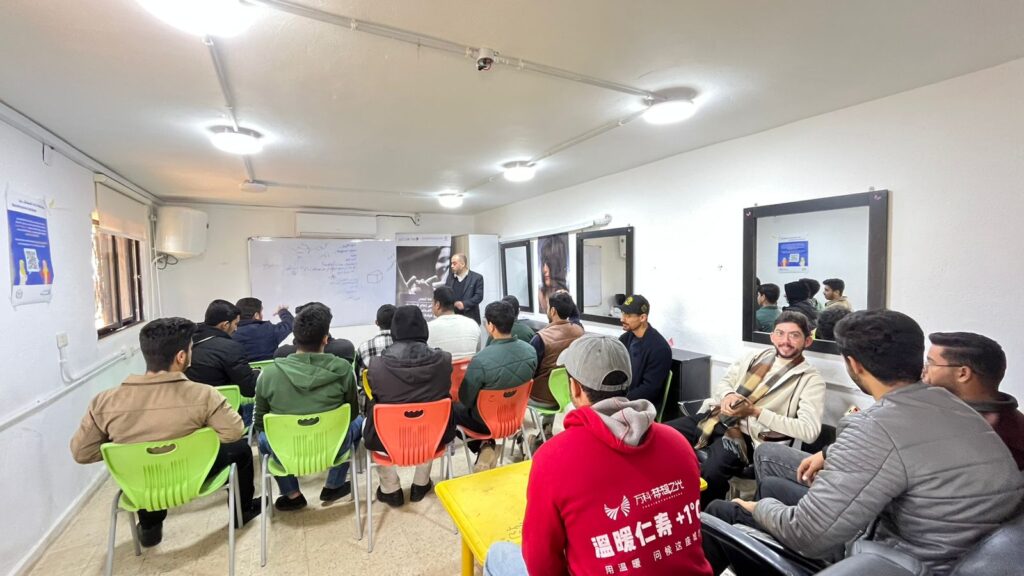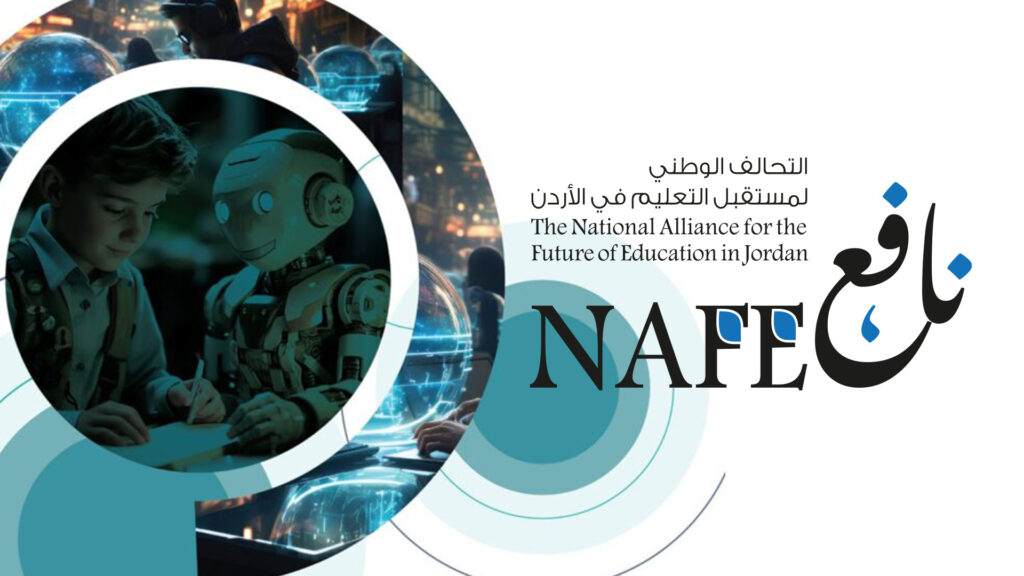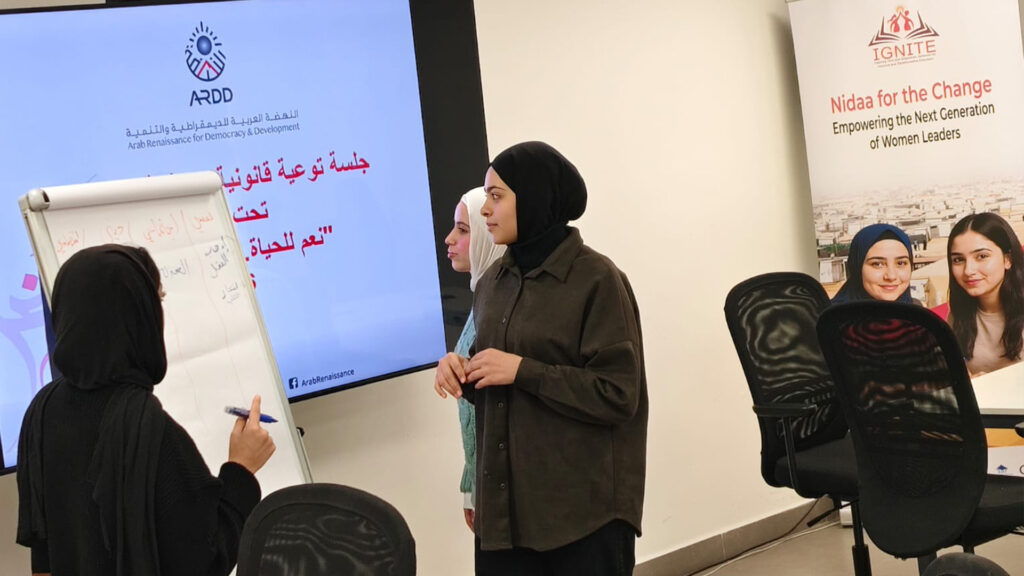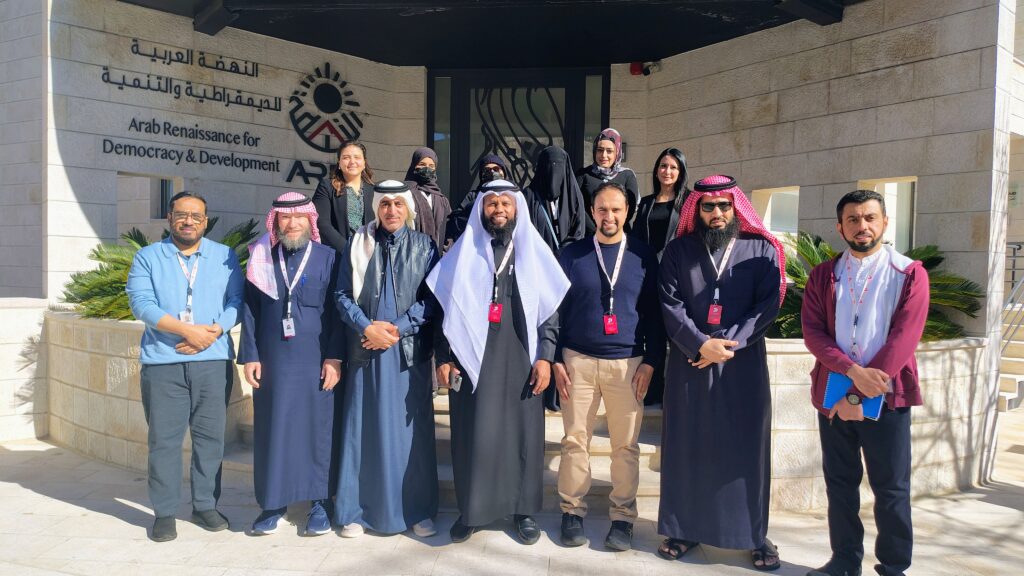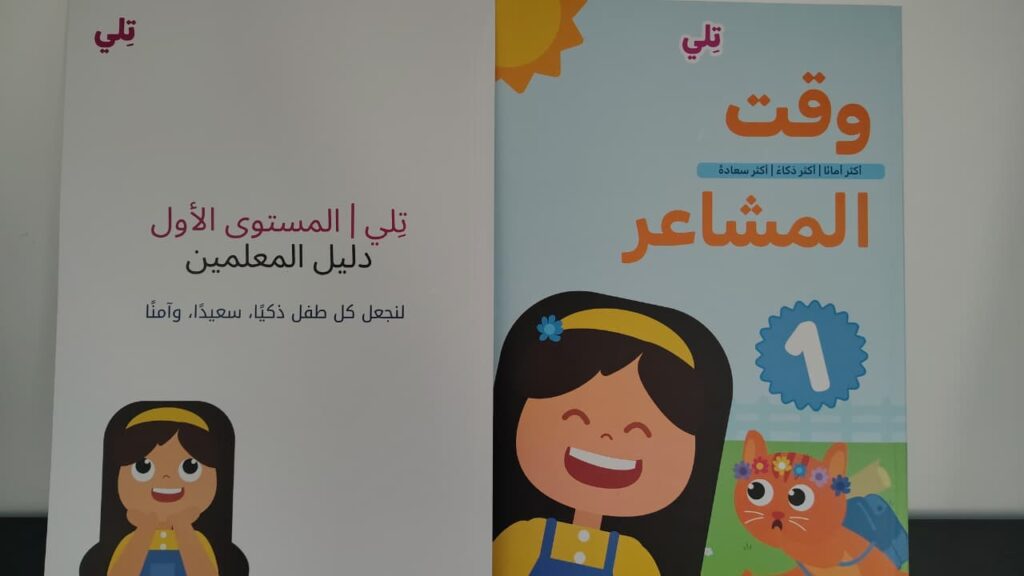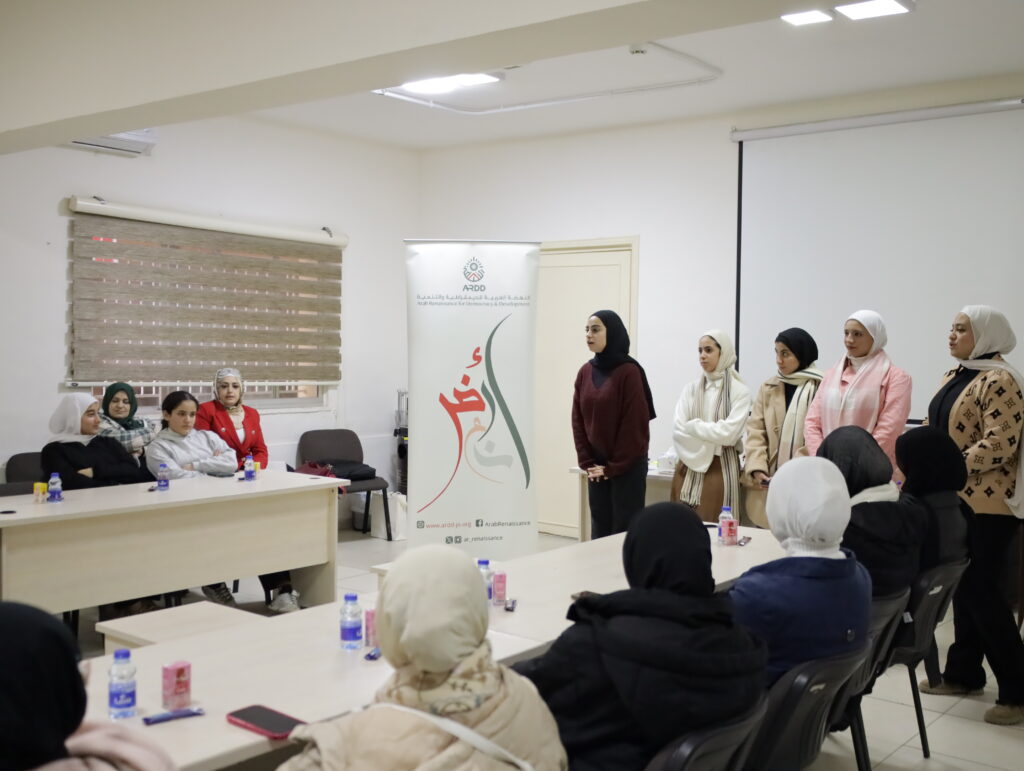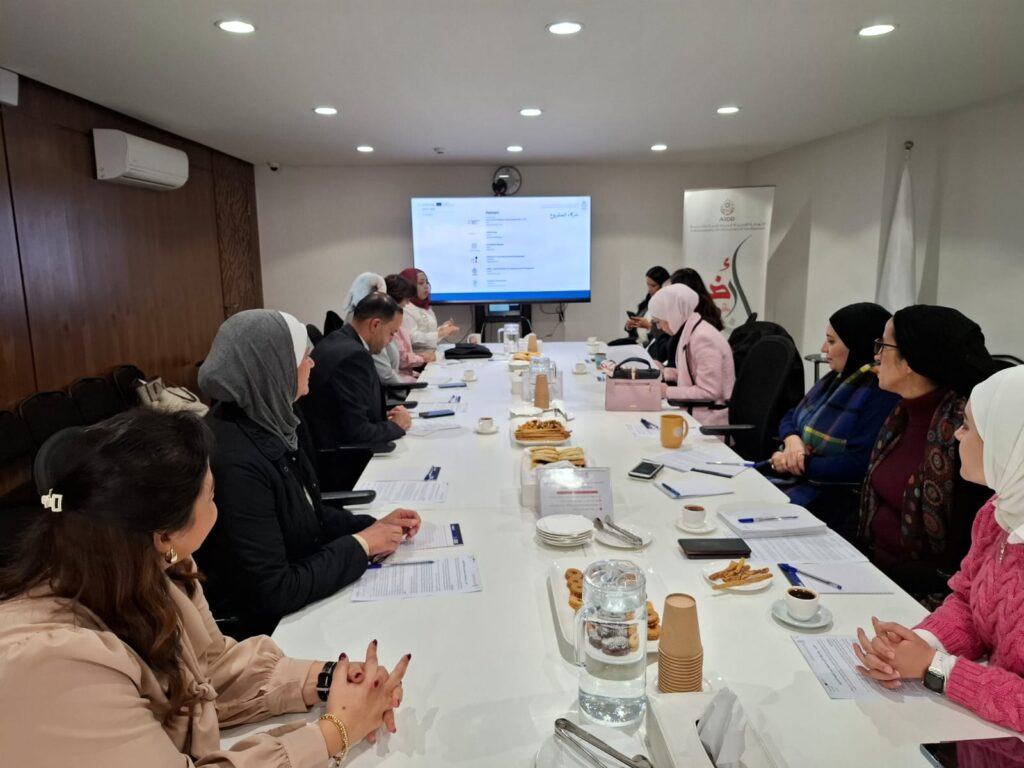Amid legal and technological changes reshaping the work of civil society organizations in Jordan, the Arab Renaissance for Democracy and Development (ARDD) convened a consultative session for members of the Jordan National NGO Forum (JONAF) on June 23, 2025 to discuss the latest regulatory and technical developments affecting the sector.
The session, part of the “Future Forward: Unlocking Sustainable Local Opportunities” project funded by the European Regional Development and Protection Programme, was titled “Civil Society in Transition: Funding, Regulation, and Digital Governance in Jordan.” It brought together representatives from leading civil society organizations, as well as legal and technology experts, to examine new legislation, registration systems, and funding challenges.
Lina Halaseh, ARDD Project Manager, stressed the need for organizations to adapt to digital transformation and regulatory changes, highlighting the importance of building transparent relationships with donors and government bodies. She underscored that automating administrative processes supports transparency, accountability, and stronger partnerships across sectors.
ARDD Legal Advisor Rami Qweider presented the key legal updates, including the new electronic invoicing system issued by the Income Tax Department, which obliges all institutions to issue official invoices through the system. He also noted new banking requirements, such as periodic updates of administrative board members’ data, which add to the administrative burden on organizations.
Presenting the findings of a recent survey conducted by ARDD and JONAF, Programs Manager and JONAF Coordinator Zainab Khalil revealed that among 31 participating organizations, only 17 had registered with the electronic invoicing system, 22 had started issuing invoices, and 26 had signed up for the “Takamul” platform. Khalil praised improvements to the “Takamul” platform, which now offers faster processing, streamlined applications, and complete archiving of information, speeding up official responses and improving access to government services.
Khaled Juma, researcher at ARDD’s Renaissance Strategic Center, highlighted challenges facing civil society amid digital transformation, such as weak digital infrastructure and the shortage of qualified personnel to use new platforms. He called for accurate data collection, staff training, and the alignment of projects with community needs.
Participants also noted that some organizations, especially small coalitions, continue to struggle with registering on the “Takamul” platform due to unclear guidelines and lack of technical support. They pointed to confusion caused by the coexistence of electronic invoices and existing official receipts, as well as ongoing funding challenges.
Concluding the session, participants recommended the development of a new dialogue framework between civil society and government institutions, enhanced technical support for using digital platforms like “Invoicing” and “Takamul,” and stronger coordination between donors and local organizations. They also called for a review of current policies to ensure inclusive and equitable funding and to build the digital capacities of civil society staff.

